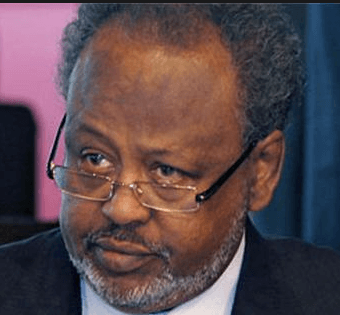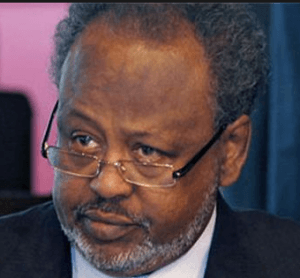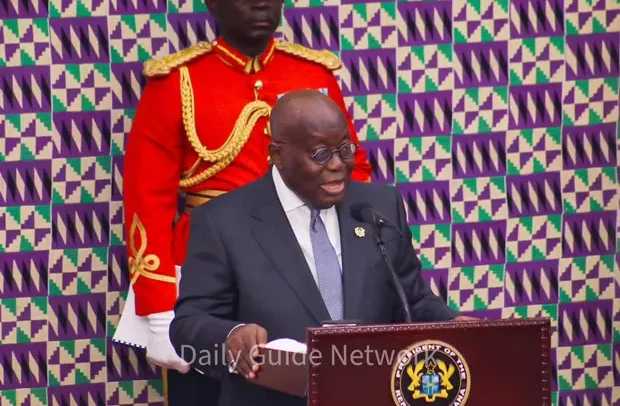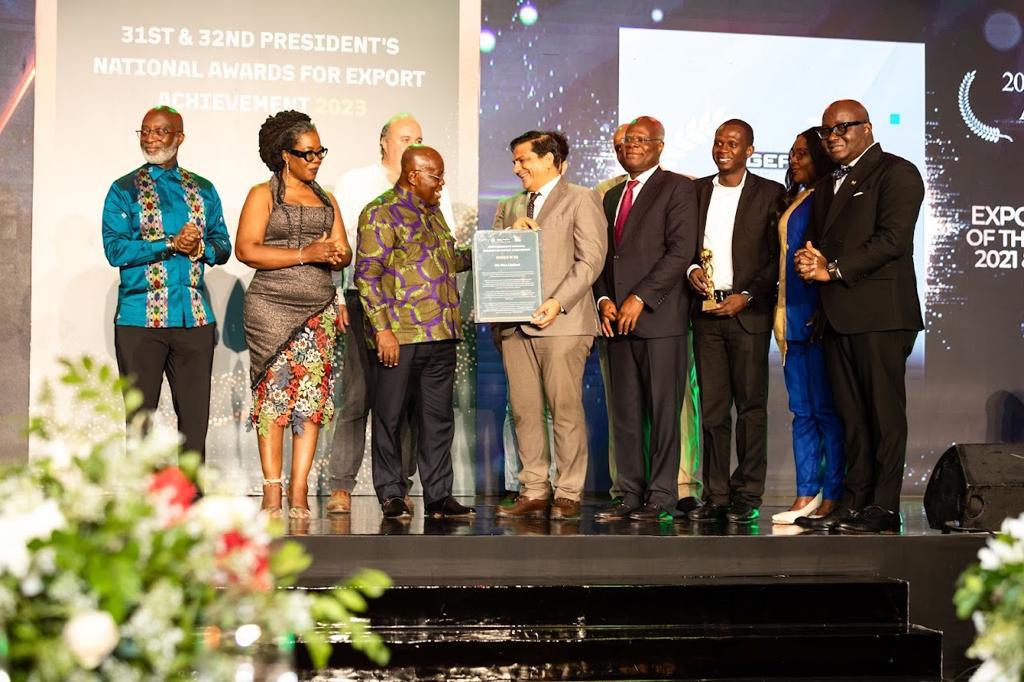


The Republic of Djibouti, is a territory which constitutes the archetype of the strategic zone by definition allowing the access and the control of the maritime routes, located at the strait of Bab el-Mandeb and whose creation of its capital is part of this intention.
On the African shore of the Red Sea, the Republic of Djibouti, one of the smallest states on the continent, occupies a singular strategic position between Africa and the Arabian Gulf, between the Red Sea and the Indian Ocean, in an unstable region making the territory a strategic space and object of covetousness. Djibouti is then perceived through the prism of its geostrategic position and its port attributes.
The country ensures its own stability in a region marked by instability and fragmentation. Djibouti’s stability and its privileged geostrategic position in an unstable regional environment have enabled it to ensure its survival by asserting itself as a privileged partner in the global system. With a strong Afro-Arab regional identity, its regional environment is made up of its African hinterland on the one hand, and the capitals of the Middle East, including Yemen, which is only 20km away. It consolidates its functions as a bridge and crossroads between its immediate (Ethiopia) and regional hinterland on the one hand, and its international environment on the other. Despite its small size, it is strongly embedded in its environment and constitutes a platform for the region in various aspects, which ensures its development and survival.
It is also strategically positioned on the Bab El-Mandeb Strait, the fourth busiest shipping lane with worldwide commercial traffic between the Arabian Sea and the Gulf of Aden, the Red Sea, the Suez Canal, the Mediterranean Sea and European ports. More than 60 commercial ships pass through its waters every day. The Strait is particularly important for energy trade as it facilitates the transportation of approximately 4.8 million barrels of refined petroleum products and crude oil per day.
Djibouti is increasing its port infrastructure (SGTD, DMP, Horizon Terminal, Port of Tadjourah, Port of Ghoubet), free zones (DFZ, DDID, DIFTZ, the largest free zone in Africa), multimodal transport (DPCR for road freight, train for rail freight), and is aiming to develop air freight. It is aiming to be Africa’s leading port by 2021 for its productivity and efficiency (World Bank, 2021). It is connected to Dar El Salam, and to Madagascar, and even to the city of Peth in Australia. In the telecoms sector, Djibouti Telecom is positioned as a regional telecommunications hub with 9 submarine interconnection cables between Europe, the Middle East, Asia and Africa. In addition, since 2013, Djibouti is home to the first data center in the Horn of Africa and is currently developing a second one in Obock.
Contribution to peace and security
At the international level, Djibouti is a cornerstone for trade to and from the Indo-Pacific. The security of the strait is therefore an essential issue for maritime trade and places Djibouti at the heart of the fight against piracy along the Red Sea. The country, a “land of exchange and welcome”, is a textbook case in geopolitics as it is positioned as a power projection (soft-power) for foreign powers by the presence on its territory the main world powers: the French and Italian have bases there, and hosts the only Japanese and Chinese overseas base and the only permanent military base of the United States in Africa and participates in the securing and pacification of the region. According to the mandates of each, these military facilities ensure the security of maritime trade, the fight against piracy and terrorism and serve as a humanitarian relay point, especially in case of necessary repatriation of nationals in the region. Djibouti is therefore a platform for security in the region, as demonstrated by the recent repatriation of foreign nationals from Sudan via Djibouti (e.g. Operation Sagittaire for France) and in the past, notably during the conflict in Yemen.
But Djibouti also contributes to peacekeeping operations in Africa. Under the aegis of the UN, Djibouti’s judicial police unit contributes to troops in Congo and the Central African Republic through the United Nations Organization Stabilization Mission in the Democratic Republic of Congo (MONUSCO), to the United Nations Multidimensional Integrated Stabilization Mission in the Central African Republic (MINUSCA) and to Sudan through the African Union-United Nations Hybrid Operation in Darfur. Under the aegis of the African Union, Djibouti’s military is actively participating in the African Union Mission in Somalia (AMISON), which became the African Union Transitional Mission in Somalia (ATMIS) in 2022.
Djibouti is a member of the African Union Peace and Security Council for the third time, and has used its diplomatic skills to mediate and resolve disputes in the region. Also, since June 13, 2023, the President of Djibouti has been assuming the rotating presidency of the Intergovernmental Authority on Development (IGAD), and has been working on mediating the conflict in Sudan. At the end of the year, the two warring factions vying for power in Sudan, first the army chief Abdel Fattah al-Burhan and then General Mohamed Hamdane Daglo, commander of the paramilitary forces at war with the army in Sudan, both came in turn to see the President of Djibouti to negotiate a ceasefire and a crisis exit plan.
In a region marked by instability, Djibouti has positioned itself as a major player in the stabilization of the conflict-ridden region. In Somalia, a key element in Djibouti’s policy of regional affirmation, since the fall of Siad Barre in 1991, the authorities have always sought to provide the country with solid and effective state institutions, with authority over the entire territory: the Arta Reconciliation Conference (2000) leading to the first election of a central authority – Abdiqasim Salad Hassan and then in 2009 to the election of Sheik Sharif Sheik Ahmed and the formation of a Transitional Federal Government for Somalia. In June 2020, the country was involved in mediation efforts between Somalia and Somaliland, a former province of British Somalia in secession since 1991 and seeking recognition of its sovereignty.
Under the aegis of IGAD, Djibouti uses preventive diplomacy during the dispute between Somalia and Kenya in 2020. Similarly, its role in attempts to pacify disputes in the Horn multilaterally (IGAD, AU) over time: Sudan, Sudan/South Sudan, Ethiopia/Sudan/Egypt. Finally, it is worth noting Djibouti’s role as a humanitarian hub and the reception of refugees and displaced persons from conflicts in the region, including the conflict in Yemen, for which Djibouti was the humanitarian air bridge and the second largest host country for its nationals: 19,636 between April 1,2015 and October 31, 2017.
The country has additionally contributed to the training of security forces in the region. At the Police Academy of Djibouti the Italian carabinieri conducts training for Somali police officers every year under the auspices of the Italian Mission. The International School for the Practice of Judicial Police (EI3PJ), commonly known as the School of Peacekeeping at the Training Center of the National Gendarmerie, also trains judicial police officers in the region to undertake judicial investigations.
| AREA | 23 000 KM 2 |
| POPULATION | 1,106 million (2021) |
| INDEPENDANCE | June 27, 1977 |
| ADMINISTRATIVE REGIONS | Djibouti (capital), Arta, Dikhil, Ali-
Sabieh, Obock, Tadjourah |
| OFFICIAL AND LOCAL LANGUAGES | French, Arabic, Afar, Somali |
| CURRENCY | Djibouti Franc (parity with US Dollar) |
| INTERNATIONAL ORGANIZATIONS | UN, African Union, IGAD, COMESA, League of Arab States, Community of
Sahel-Saharan States (CEN-SAD) |
By Dr. Zohra Mohamed Omar
The post Djibouti: Its contribution to peace and security appeared first on Ghana Business News.
Read Full Story

















Facebook
Twitter
Pinterest
Instagram
Google+
YouTube
LinkedIn
RSS